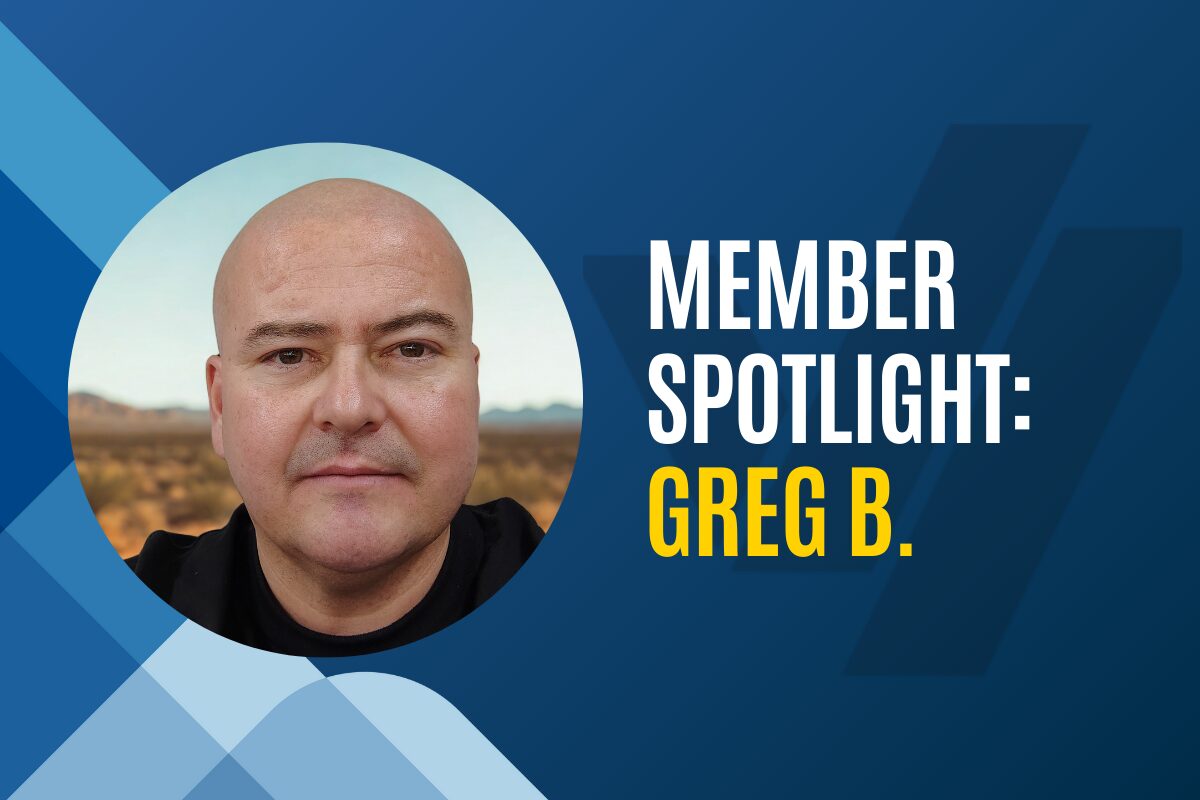Sweden has consistently been named the most sustainable country in the world so it’s no wonder that a native Swede would help jumpstart the US fashion resale market. But for Buffalo Exchange co-founder Kerstin Block, it was actually the country’s lack of color that drew her to the fashion world.
Kerstin came to the US from Sweden in 1960 after receiving a scholarship to study anthropology at the University of Arizona. She always had an outsider’s spirit, putting her at odds with the traditional culture of Sweden.
“Sweden is kind of a monotone country so I always made my own clothes,” Kerstin says. “I guess I had a desire to be noticed.”
One person who noticed Kerstin was Spencer Block, a fellow University of Arizona student who took an interest in the eccentric Swede. Kerstin and Spencer went on to marry and, in 1974, opened the first Buffalo Exchange in Tucson.
Neither could have predicted that the tiny shop would expand to 50 stores in 19 states and become one of the most influential fashion retailers in the country.
But through it all, the founders remain committed to their core values of respect, truth, and sustainability. This means creating a lasting business that values its employees and customers as an integral piece of its success.
From Drab to Fab
It was in Chicago in the early 70s where Kerstin discovered how she wanted to spend the rest of her life.
After the birth of their daughter, Kerstin and Spencer briefly moved the family from Tucson to the Windy City for family support. Kerstin began thrifting so she could furnish their apartment inexpensively.
Kerstin delighted in the organized chaos of a thrift store and the way you could spend all day hunting for that one perfect outfit. This buzz of excitement remained with her as the family returned to Tucson.
With a degree and a new role as a mother, Kerstin sought the kind of traditional stability she avoided in Sweden. She enrolled in Pima Community College to study typing and shorthand and took a job at a furniture store as a decorator. Meanwhile, Spencer held down an accounting job for a local business.
Kerstin’s attempt at the traditional life was fleeting. The furniture store fired her because they thought she was an “uppity woman” and she quickly grew uninterested in the Pima program.
At that point, Kerstin had “lots of time on her hands,” which she spent scouring the few thrift stores spread around Tucson. It was during one of those thrifting excursions that an idea occurred: What if she opened her own thrift store?
“I thought that there must be other people like me obsessed with these things,” she says. “That’s when I brought up the idea to my husband of buying a little shop.”
The Buffalo Awakens
Spencer jumped on Kerstin’s idea and found a small 200-square foot space to house their new thrift shop, which would pay customers for clothes, a unique concept at the time. They landed on the name Buffalo Exchange to reflect the trade concept and choosing Buffalo as symbolic of the southwest.
“It was a new idea,” says Jessica Pruitt, Associate Marketing Manager at Buffalo Exchange. “There were thrift stores and consignment shops, but there was nowhere you could just go and trade in your items and get cash.”
The novel concept of a clothing exchange proved popular. Within a year, Spencer was able to quit his job and focus his full attention on Buffalo Exchange. Around this time, the space next door became vacant, allowing Spencer and Kerstin to double the size of their store.
Out of nowhere, a friend from Tempe suggested Kerstin open a shop there. Since her friend offered to run the shop, Kerstin agreed. However, when Kerstin and Spencer were unable to open the store on time, the friend held a “mourning” for the shop, dressing it all in black and abandoning her job as manager.
Fortunately, the mourning didn’t last long. Kerstin found Vella Austin, a stylish young Phoenician, who took over the Tempe location and still serves as Chief Operating Officer of Buffalo Exchange.
The Thrill of the Find
Soon after Austin’s arrival, another friend offered to run a store in the Berkeley area, which expanded Buffalo Exchange outside of Arizona for the first time. This required Kerstin and Spencer to “manage from afar” by hiring area managers they trusted to maintain the company’s core values and authenticity.
But Buffalo Exchange didn’t expand to just any city. They looked for areas where fashion held importance to the local culture, where the idea of thrifting had intrinsic appeal.
“We can’t just open in a city and make it fashionable,” Austin says. “We have to find a place that already has people interested in clothes.”
Buffalo Exchange eventually expanded to 19 states, opening 50 stores that all incorporate the fashion styles of the surrounding community. The expansion strategy worked because the company focused on respecting their host community’s character instead of stubbornly trying to force their own look onto a new area.
“Even though we’re based in Tucson, Arizona, each store is unique to the neighborhood it’s in,” says Pruitt. “It’s sort of like an authentic reproduction of the style of the neighborhood.”
From Neighborhood to Womanhood
Along with investing in communities, Buffalo Exchange has made it their mission to invest in their employee’s professional development to empower their largely female workforce to take positions of leadership within the company.
“At Buffalo Exchange, women [being] in power is not unusual,” says Pruitt. “I think Buffalo Exchange turns out a lot of really strong role models.”
Kerstin agrees that the resale fashion business gives female employees a chance to lead and develop a sense of self-worth. This harkens back to her own experience of finding her identity through her passion for fashion and the challenge of running a business.
“Being there and buying clothes from the general public is a very empowering experience,” Kerstin says. “I want to have a place where people feel like they’re valued.”
It’s the Values
Spencer Block’s grand plan was to have a company that would live for over 100 years. Sadly, Spencer passed away in 2009 after a battle with cancer, but he was able to communicate his vision in a book entitled, The Way of the Buffalo, published after his death.
In the book, Spencer wrote a short love letter to his customers, calling them the “life blood of our business” and writing that:
“They brought me money. They fed me. They kept me entertained. They talked to me and smiled and I felt good.”
After 45 years in business, little has changed for Buffalo Exchange. They have remained remarkably consistent in valuing their customers, employees, and the communities that host each store.
“A lot of businesses are out there to make a quick buck and it’s selfishly motivated,” says Pruitt. “But Kerstin and Spencer always had a goal of supporting their family and sustaining the business so they could continue providing a livelihood for their employees. They never saw it necessary to step on each other or cut corners to get to the top.”
Kerstin credits her company’s success to investing in the people that surround her. “The most difficult thing in business is dealing with people,” Kerstin says. “Business is easy if you have a good concept. But you can’t do it alone. You have to have people who you want to work with and who want to work with you.”





